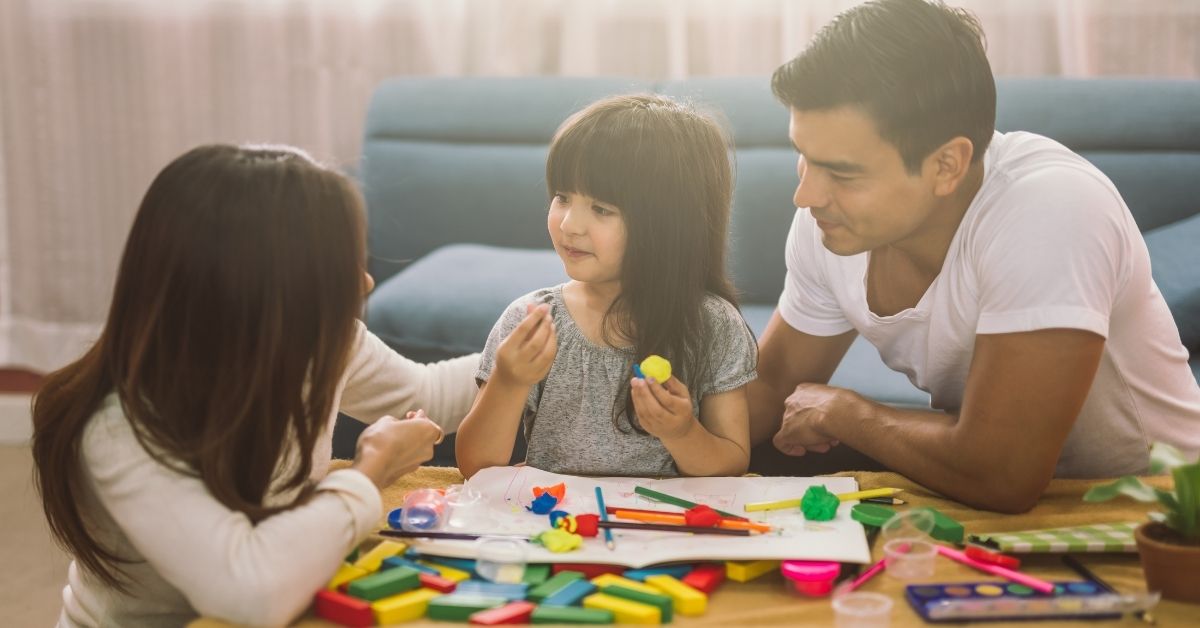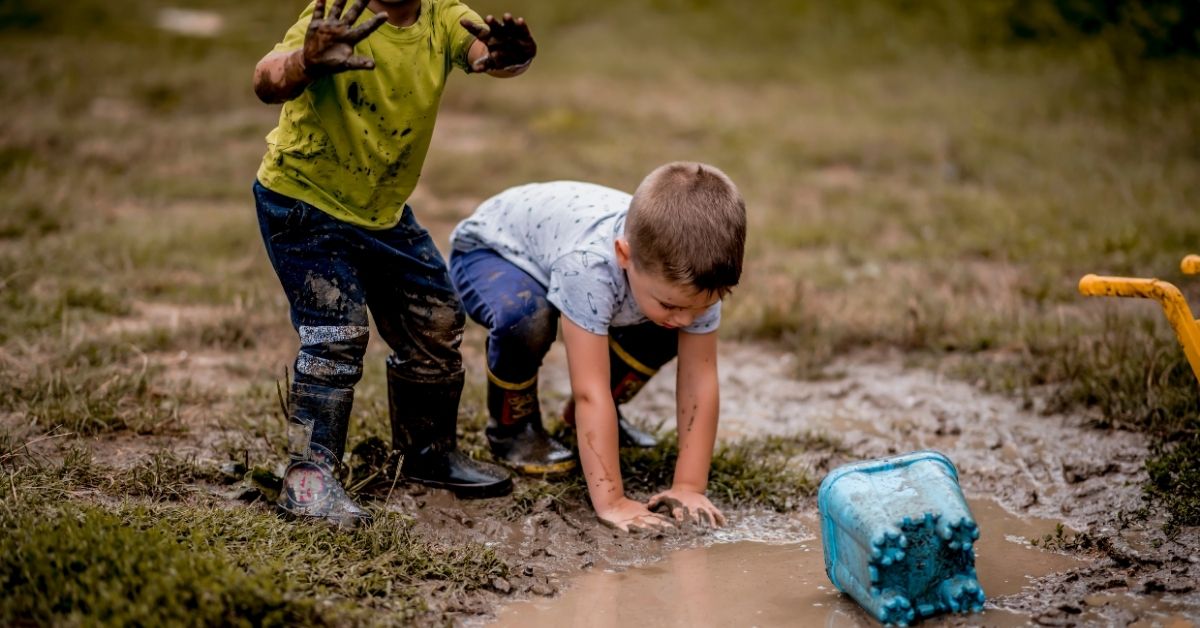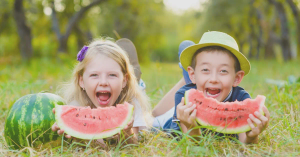Popcorns—a perfect snack for road trips, movie nights, and more. But as much as this snack is beloved, it comes with an often overlooked danger—choking, especially for kids. Did you know that choking is a leading cause of accidental injury in kids? And popcorn is one of those snacks that poses a potential danger of choking, especially for toddlers. Moreover, even the American Academy of Pediatrics considers popcorn as a common choking hazard for children under 4 years of age. The reason is popcorn kernels are small, unevenly shaped, and difficult to chew properly.
Unfortunately, almost 10,000 children are treated in emergency rooms each year for chewing on food. Read below this article to find out how to safely serve popcorn to kids without the stress.
Why Are Popcorns Considered A Choking Hazard?
The fact is, popcorn kernels, even though popped, are hard to chew and swallow, especially when kids are focused somewhere else. Most probably, kids try to shove too many popcorns into their mouths at once, or maybe a piece of popcorn that is too large. So while the crunchy texture is irresistible, it creates a potentially dangerous situation when it gets stuck through the air passage.
Safe age for popcorns
The main question that arises here is—when should you introduce popcorn into your child’s snack palate? Experts recommend waiting until a child is at least 4 years old. However, it may vary depending on your child’s eating habits and ability to chew. Whatever the age may be, it is equally important to supervise your child during snacking.
4 Safe Ways To Introduce Popcorn
If you’re ready to introduce your little one to the popcorn fun, here are some helpful ideas on how you can serve popcorn in a safer way.
Pick Snacks According To Their Age
The best way is to avoid popcorn in the first place when it comes to children below the age of 4. Alternatively, you can look for similar snacks, such as puffed rice or baby-friendly puffed snacks that are easier to dissolve in the mouth.
Popcorn Preparation
If your kids are older than 4, you can reduce the risk of choking by breaking the popcorn into smaller pieces, especially for kids who do not chew properly.
Keep a Check
Even if you have older kids, it's important to ensure they’re sitting down and focused while enjoying popcorn. This is because the risk of choking increases when kids are running around, distracted, or laughing.
Look For Unpopped Kernels
Another important aspect to consider before serving is to look for any unpopped kernels and remove them. These unpopped kernels actually pose a bigger threat than the popper ones.
What to Do If Choking Occurs
Unfortunately, if your child does choke on popcorn or any other food item, it is important to take immediate action. You can also perform back blows and chest thrusts on children less than one year of age. According to the American Academy of Pediatrics, Heimlich maneuvers can save your child’s life in an emergency.
Takeaway
In conclusion, you don’t need to restrict your child from enjoying popcorn; however, it's important to know when and how to serve it to ensure your little one’s safety. While popcorns are indeed tempting, they pose a safety threat to kids, especially the younger ones. However, with simple precautions, you easily reduce those risks and introduce the popcorn fun to your kids in a safer way.








